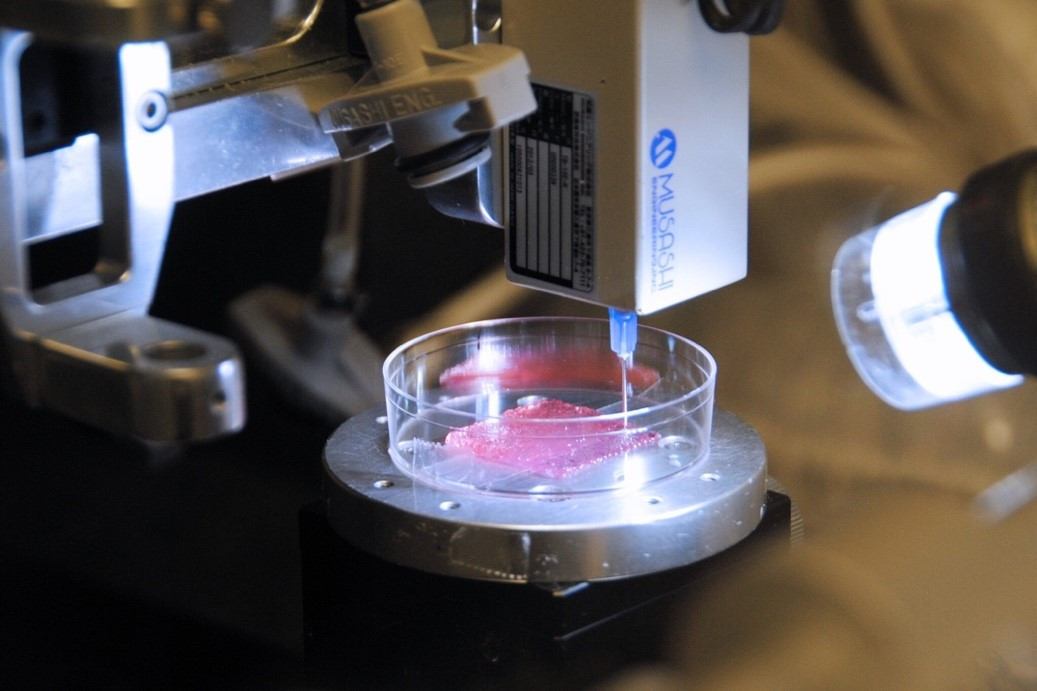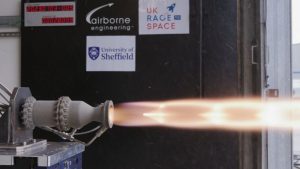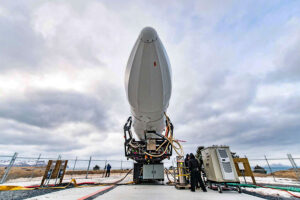UK 3D Bioprinting To Help Astronaut Health
6th Sep 2023
The University of Manchester is addressing astronaut health issues arising from extended missions in space. A recent drive in 3-D printing has seen many space organisations utilise the building method for rockets and engines. However, 3D bioprinting technology has also become a reality. 3D printing has many medical applications which could see better health outcomes for astronauts whilst in space.
The University of Manchester said in a statement that bioprinting is: “opening doors to transform advances in medicine and addressing critical health challenges faced by astronauts during space missions.” New research into bioprinting has received a £200,000 funding injection from the UK Space Agency (UKSA) with support from the European Space Agency (ESA).
Health Concerns That Astronauts Face In Space
Astronauts who conduct prolonged missions in space are exposed to absent gravity and radiation which poses a significant risk to their health. This includes making them susceptible to diseases including “osteoporosis caused by loss of bone density,” The University of Manchester said. Consequently, this can lead to injuries including fractures which are currently untreatable in space.
Therefore, the research conducted has: “the potential to revolutionise medicine, and specifically in the realm of space travel, bioprinting could have a significant impact.” The university added: “by harnessing bioprinting capabilities in space, researchers aim to protect the health of space explorers.”
What Is Bioprinting & How Will It Help Astronauts?
The University of Manchester noted that bioprinting utilises specialised 3D printers that are capable of producing living cells and creating new skin. They can also craft bone, tissue or organs that can be used for transplantation.
Space application would enable astronauts to protect their health through 3D printing needed cells to repair injuries sustained in space. Research into the technology will seek: “to understand how to optimise the bioprinting process for conditions experienced in space, such as lack of gravity.”
Technology Limitations In Space
Currently, bioprinting machines rely on gravity to function effectively, the university said. However, the team behind the research aims to eventually take their findings to an under-construction bioprinting station aboard the international Space Station. From there, researchers will “print models in space and study the effects of radiation and microgravity.” Further, the university said they hope: “to develop beyond the challenges of microgravity to address further challenges of preserving, transporting and processing cells in space.”
Dr Marco Domingos, Senior Lecturer in Mechanical and Aeronautical Engineering at The University of Manchester, concluded: “This project marks a significant leap forward in bioprinting technology and by addressing the challenges posed by microgravity, we are paving the way for remarkable advancements in medicine and space exploration.”







Thank you for your comment! It will be visible on the site after moderation.